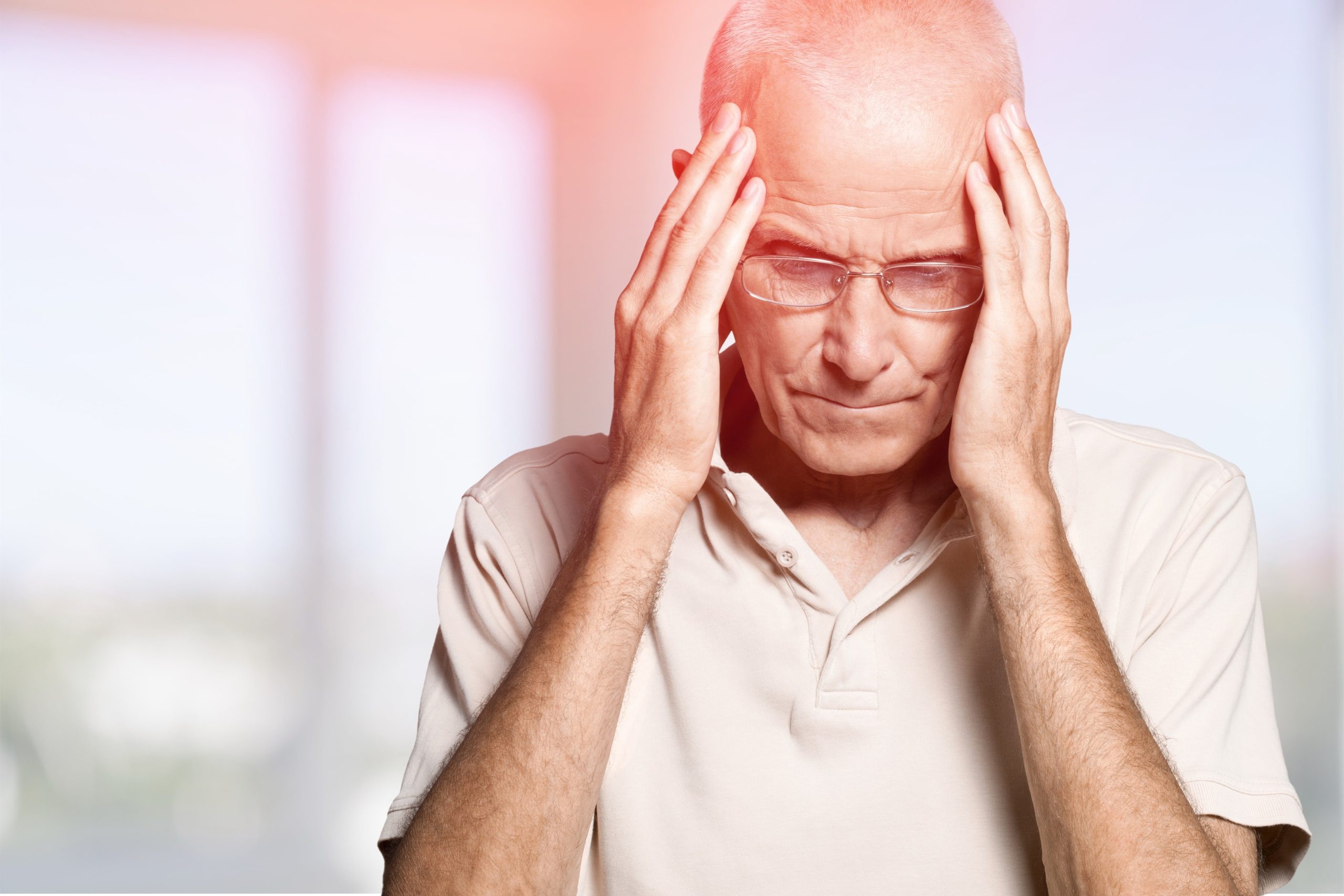A stroke is an interruption of blood supply to a specific part of the brain. This causes the brain cells to be deprived of oxygen and they begin to die. The consequences? They can be various: loss of speech, of movement, even of memory. Symptoms of stroke vary and depend on which part of the brain has been affected, as well as what type of stroke it is – haemorrhagic or ischemic.

A person is never prepared for such a sudden event and starts seeking information about treatment only after the stroke occurs. Prior awareness of this health issue can save a lot of effort and unnecessary stress.
Depending on the consequences for each particular organism, we undertake a different rehabilitation strategy. We rely on a combination of conventional methods, Bobath therapy and exercise with various robotic rehabilitation devices. In the age of technology, stroke recovery is more precise than ever – the results achieved are lasting, and progress is reported after each procedure thanks to special software.
In addition to the professionalism of our certified team, patient motivation, perseverance and patience are core. Self-treatment can lead to more damage and to a lasting undesirable effect on the person’s condition.
Feeling your legs and arms as if they were someone else’s, having your limbs feel heavy and not being able to walk – you should not get used to this feeling! Together we can bring back a normal way of life.
Finger movements – the ‘fine movements’ that a person relies on to help themselves – are among the most typical manifestations after a stroke. We know how to restore them!
A “frozen” face, asymmetrical smile and facial paralysis are observed. Loss of speech can be partial or complete, but it is a reversible process if responded to in time. Our speech therapist has experience specifically with post-stroke patients.
Activities such as eating, taking fluids, going to the toilet and others are extremely difficult, especially in the early period after receiving the stroke.
As a consequence of the stroke, the muscles have weakened and need the right stimulation to regain their strength to a normal rhythm. Through exercise in activities of daily routine, movements in the limbs can be improved and restored to a large extent. Intensive treatments have a lasting effect on the musculoskeletal system.
If you have paralysis in your maxillofacial musculature there is a way to regain your normal functions. This is done through speech and language pathology therapy.
These components always go hand-in-hand and our main task is to influence them as much as possible. Our certified specialists use internationally and internationally recognized methodologies that aim for a quick and maximum recovery.
Cognitive abilities relate to the way a person understands the world and functions in it. They are mental abilities and/or processes and are part of almost every human action while we are awake. Through therapy with conventional and robotic methods we influence cognitive abilities.